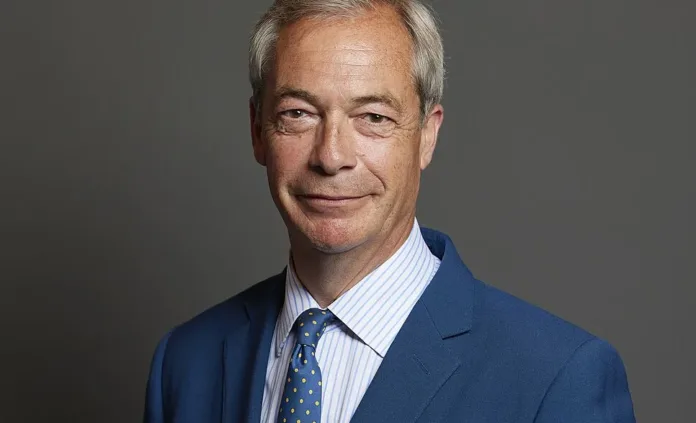Reform UK’s Farage demands peerages to “fix democratic disparity”, Healey derides plea as Putin-apologist power grab
In a brazen move on 15 August 2025, Reform UK leader Nigel Farage wrote to Prime Minister Sir Keir Starmer, demanding the right to nominate life peers to the House of Lords. He asserted that his party, which secured over 4.1 million votes in the July 2024 general election, remained glaringly unrepresented—despite outperforming smaller parties such as the Greens and Liberal Democrats, both currently holding Lords seats. Farage called this a “democratic disparity” that could no longer be justified.
He framed his demand as modest—simple recognition of electoral success and local victories. Reform UK now commands four MPs, controls ten councils, and even won the only by-election of the current parliament, yet its supporters remain absent from the upper chamber. Farage highlighted that the Greens, DUP, Plaid Cymru, and UUP collectively enjoy 13 peers, while the Liberal Democrats have 76—even though they garnered around 600,000 fewer votes.
But instead of a thoughtful response, Farage’s letter was met with scorn from the government. Defence Secretary John Healey dismissed the appeal outright, accusing Farage of seeking to fill the Lords with “Putin apologists”—a barb aimed at questioning the Reform leader’s stance on Russia and his past rhetoric. On LBC, Healey doubled down, warning that appointing Farage’s “cronies” would do little to benefit Parliament and instead risked boosting voices sympathetic to Vladimir Putin.
Political convention allows opposition leaders to suggest peerage candidates, but the prime minister has no constitutional requirement to accept such nominations. In Starmer’s case, December’s appointments included 30 Labour nominees and slots for Conservatives and Lib Dems—but none for Reform UK.
Embed from Getty ImagesFarage’s letter is more than a power play. It has rekindled longstanding calls for a democratically elected upper chamber—an idea Labour officially supports in principle, though so far has taken only modest steps, such as abolishing hereditary peers.
Reform UK’s attempt to leverage democratic legitimacy to demand peer representation highlights growing frustration—and ambition. For Farage, lacking a voice in the Lords while smaller parties hold sway reeks of entitlement and institutional bias. But his suggestion has stirred fierce backlash. Healey’s charge of populism laced with pro-Putin sympathies isn’t just political venting—it reframes Reform UK’s push as dangerous, not democratic.
So far, Downing Street has yet to respond publicly. But Farage’s gambit throws the government’s house reform agenda into sharper focus. Labour remains wedded to cautious reform—abolishing hereditary peers and vaguely supporting the election. Farage, by contrast, is all forward momentum, even if his demand stings.
At its core, this episode lays bare a dilemma: should the upper chamber reflect electoral strength or preserve its advisory, appointed nature? And when the demand comes from a polarising figure like Farage, is the price of inclusion too high? For now, the Lords remain out of reach for Reform UK—but the row may prove catalytic in reigniting broader debates on the legitimacy and reform of Britain’s unelected upper house.
